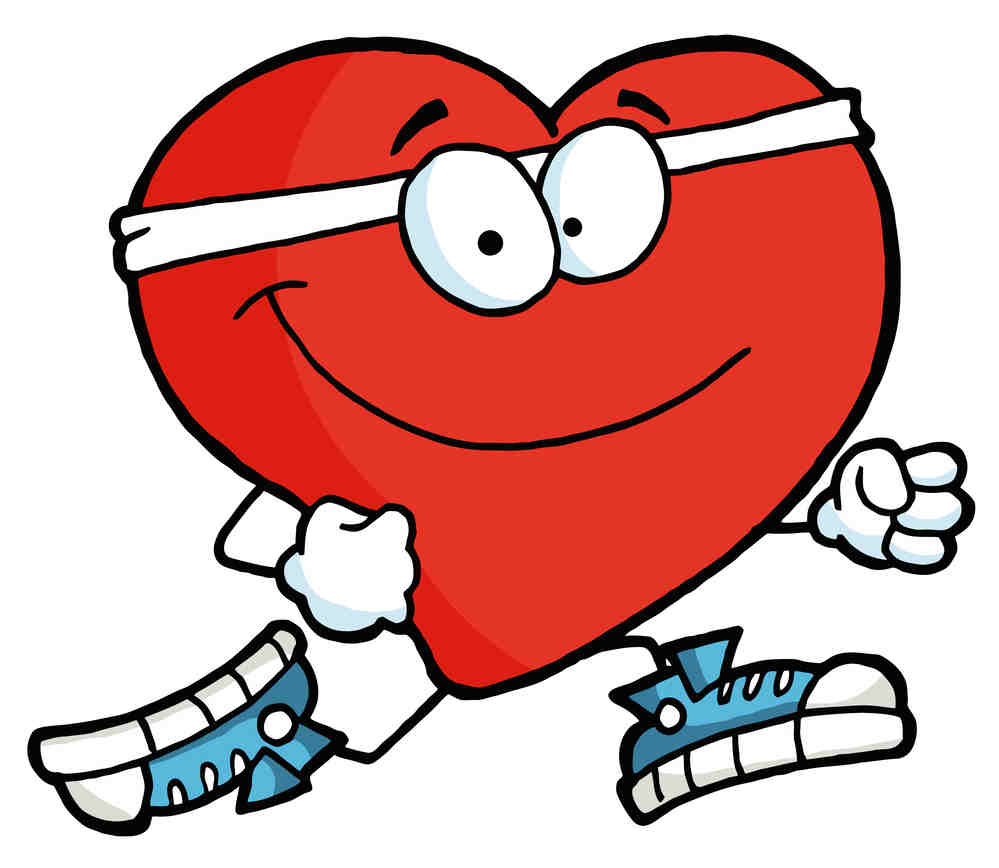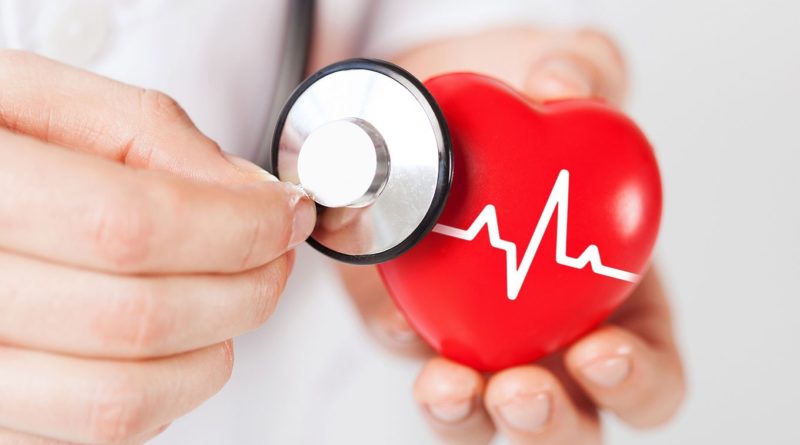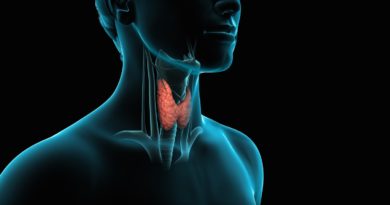Symptoms to Know if You May Suffer a Cardiovascular Disease and How to Prevent it
Cardiac diseases is a diseases group that affect heart functioning. For instance, cardiac diseases are related to blood vessels defects, like coronary arteries illness, arrhythmias, and congenital cardiac defects.
However, the term “cardiac disease” is not the same as”cardiovascular disease”. The last one is related to blood vessels tightness and blocking diseases, which can lead to a heart attack, or chest pain (angina). On the other side, other cardiac diseases, like those affecting muscles, vessels, or cardiac rhythm, are considered as cardiac disease form, too.
However, you can prevent or treat many cardiac disease forms by choosing a healthy lifestyle.
Here’s a guide to know which cardiovascular diseases symptoms are, and what you can do to prevent them.
Symptoms
The symptoms will vary according to the cardiovascular disease you may have.
Atherosclerosis
To consider the symptoms as a sign to neither know if you may or may not have cardiovascular disease, you must know that the symptoms will vary on men and women. For instance, men are more likely to have chest pain, while women can have other symptoms along with chest pain, like breathing difficulty, nausea, and extreme fatigue. Some general symptoms could be:
- Chest pain (angina)
- Breathing difficulty
- Arms and legs pain, stiffness, weakness, and cold sensation.
- Neck, mandible, throat, back, and superior abdomen ache.
Arrhythmias
This is an abnormal heartbeat. So, is possible your heart goes slowly or faster than usual. Some symptoms are:
- Chest fluttering sensation
- Fast heartbeats (tachycardia)
- Slow heartbeats (bradycardia)
- Chest pain or discomfort
- Breathing difficulty
- Bewilderment
- Seasickness
- Fainting (syncope) or unconsciousness

Congenital Cardiac Defects Symptoms
Severe congenital cardiac defects are those you born with, and they generally appear right after birth. Some symptoms in kids could be:
- Blue or grey skin (cyanosis)
- Stilted legs, abdomen, and areas surrounding the eyes
- In newborns, could be breathing difficulty when suckling
- Lessen serious congenital defects, generally, are diagnosed in childhood or adulthood. Some symptoms could be:
- Breathing difficulty when exercising
- Easy tiredness while exercising or physical activity
- Stilted hands, ankles, or feet
Cardiac Muscle Weakness
At the beginning of this illness, you may not feel any symptoms. However, when the illness is progressing, you will feel some of them. The symptoms could be:
- Breathing difficulty when you make some effort or rest
- Stilted legs, ankles, and feet
- Tiredness
- Irregular heartbeats
Cardiac Infections
Endocarditis is an internal membrane infection. This membrane separates the heart chambers and valves (endocardium). Some symptoms could be:
- Fever
- Breathing difficulty
- Weakness or fatigue
- Cardiac rhythm changes
- A persistent or a dry cough
When Should You Consult a Doctor?
Look for medical help if you have the following symptoms:
- Chest pain
- Air lack
- Fainting
Cardiovascular diseases are easier to treat when are detected sooner. For this reason, you should talk to your doctor about your heart health concerns. Besides, if you’re worried about having a cardiovascular disease, you should talk to your doctor about the steps you can follow to reduce the cardiovascular disease risks. Moreover, this is important if you have cardiovascular disease antecedents in your family.
Risk Factors

- Age: Aging increases arteries damage and tightness risk. Also, this can lead to cardiac muscle weakness.
- Smoking: Nicotine contract blood vessels and Carbone monoxide can ill its inner walls. Consequently, this can lead to atherosclerosis. Heart attacks are more frequent in smokers than non-smokers, as well.
- Sex: Generally, men are more likely to suffer from cardiac diseases. However, women risk increases after menopause.
- Familiar antecedents: If you have a family with heart conditions, you are more likely to have coronary arteries illness, and other heart issues.
- Some chemotherapy and radiotherapy medicaments: These treatments can increase cardiovascular disease suffering risk, as well.
- Diabetes: diabetes increases cardiovascular disease risks. Moreover, Both affections share similar risk factors, like obesity and high arterial pressure.
- Lack of physical activity: when you don’t practice any activity, you don’t give your heart a chance to be active. As a result, you can suffer a heart deficiency in the long term.
- Obesity: Weight excess worsens other risk factors.
- Lack of hygiene: if you don’t wash your hands regularly and don’t develop other habits that prevent bacterial and viral infections, you can contract cardiac diseases, especially, if you already have a not diagnosed cardiac affection.
- Stress: Continuous stress can damage arteries and worsen other risk factors.
Complications

- Cardiovascular insufficiency: is the most common complication, it produces when the heart can no longer bomb enough blood to fulfill the body requirements. Furthermore, cardiac insufficiency can be caused by many cardiac disease forms like cardiac defects, cardiovascular disease, cardiac valve disease, or cardiac infections.
- Heart Attack: A blood coagulum can block the blood flow through a blood vessel that irrigates the heart, leading to a heart attack. As a result, a part of the muscle heart is damaged. Also, atherosclerosis can lead to a heart attack, too.
- An aneurysm: Is a severe complication that can occur in any part of the body, producing a protuberance in the inner artery wall. For instance, if the aneurysm bakes there can be internal bleeding, this is very dangerous.
- Sudden cardiac stroke: Are the unexpected and sudden cardiac function, breathing, and consciousness loss, frequently caused by arrhythmia. Consequently, this is an emergency so it must be treated immediately.
- Peripheral arterial disease: Atherosclerosis can cause this disease too. As a result, if you have this condition, your legs won’t receive enough blood flow. Consequently, you may have other symptoms, especially leg pain when walking (claudicating).
Prevention
There are certain cardiovascular diseases you can’t prevent, like cardiac defects. However, you can help to prevent many other cardiac diseases doing the same lifestyle changes that can improve the cardiac defect you already have, like:

- Stop smoking
- Control other diseases, like high arterial pressure or high cholesterol, and diabetes.
- Exercise for at least 30 minutes a day per 5 days a week, and you’ll notice the difference.
- Follow a low salt and low saturated fat diet.
- Keep a healthy weight.
- Control and reduce stress.
- Practice good hygiene habits.
Find another health tips in our website




